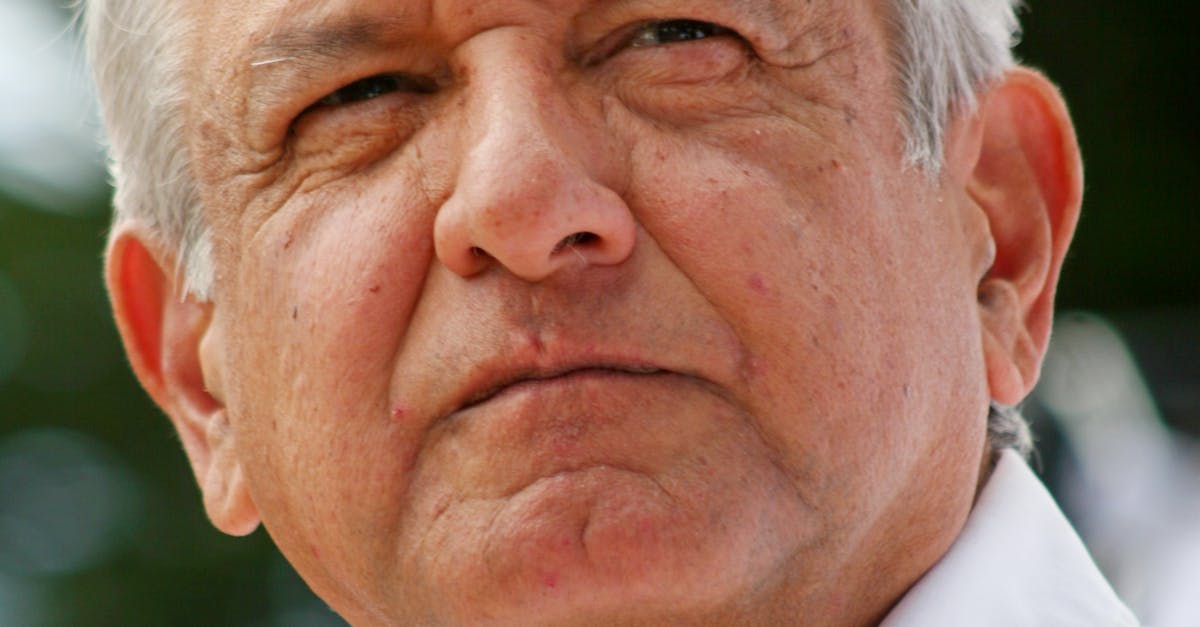Vivek Ramaswamy is rapidly gaining prominence as a GOP presidential hopeful, defying conventional expectations as a 38-year-old multimillionaire venture capitalist of immigrant descent, Hindu faith, and non-white ethnicity. He currently holds third place in the Republican primary polls, marking a significant step forward in the diversification of the GOP and its willingness to acknowledge candidates with varied backgrounds and viewpoints. Through his unique experiences, Ramaswamy is challenging the traditional narratives surrounding the Republican Party and working towards a more inclusive political discourse.
The Model Minority Myth and Its Impact
Ramaswamy’s appeal hinges on the longstanding model minority stereotype that originated in the 1960s upon the emergence of the Asian American professional class. This stereotype has been used to undermine civil rights, justify oppression, and maintain the concept of a colorblind America over the years. Despite seemingly positive implications, the model minority myth perpetuates damaging stereotypes leading to immense pressure and unrealistic expectations on Asian Americans. Furthermore, it conceals the considerable diversity within the Asian American community and the unique challenges faced by individuals from various backgrounds, which are often overlooked due to this oversimplified narrative.
Breaking Barriers and Changing Perceptions
Ramaswamy’s success in the Republican Party exemplifies the potential use of the model minority image to expand the reach of Asian American candidates within a predominantly white Republican voter base. This success could serve as a blueprint for other Asian Americans and people of color aiming to advance within the GOP. By skillfully navigating the complexities of race and identity, Ramaswamy is redefining the perception of Asian Americans in the political landscape of the Republican Party. This approach could inspire a new generation of diverse candidates to challenge traditional norms and contribute to a more inclusive and representative GOP.
Shared Values Bridge Racial and Generational Divides
Ramaswamy’s political beliefs are consistent with those of his older white counterparts, despite him being the first individual from his background to make substantial progress in the Republican Party. He attributes this to a common set of values, including fiscal conservatism, limited government interference, and a strong belief in individualism. Ramaswamy’s ability to connect with party members across racial and generational divides has been pivotal to his success and political clout within the GOP.
Meritocracy and the Perpetuation of Harmful Stereotypes
Critics argue that Ramaswamy’s staunch advocacy for meritocracy and refusal to recognize systemic racism aid in reinforcing the model minority stereotype and its damaging consequences on society. They contend that the model minority myth cultivates a distorted perception of the diverse experiences and challenges faced by different ethnic groups, potentially exacerbating the disparities between them. This can result in perpetuating harmful generalizations and detracting focus from addressing the systemic obstacles that obstruct social and economic progress for all minority groups.
The Way Forward: A More Inclusive GOP
The rise of Vivek Ramaswamy serves as both a testament to the increasing diversification within the GOP and a cautionary tale regarding the continued relevance of the model minority stereotype. Ramaswamy’s journey illustrates the importance of acknowledging and addressing the complexities of race, identity, and systemic barriers in politics. As the GOP moves towards greater inclusivity, the challenge will be ensuring that these conversations continue and work towards dismantling harmful stereotypes and fostering a more representative and equitable political discourse.
FAQ
Who is Vivek Ramaswamy?
Vivek Ramaswamy is a 38-year-old multimillionaire venture capitalist who is rapidly gaining prominence as a GOP presidential hopeful. He is of immigrant descent, Hindu faith, and non-white ethnicity, breaking conventional expectations in the Republican Party.
What is the model minority myth and how does it impact Asian Americans?
The model minority myth is a stereotype that emerged in the 1960s and portrays Asian Americans as hard-working, well-educated, and successful individuals. Despite its seemingly positive implications, this stereotype perpetuates damaging expectations, immense pressure, and overlooks the unique challenges faced by individuals from different Asian backgrounds.
How is Ramaswamy expanding the reach of Asian American candidates in the Republican Party?
Ramaswamy’s success exemplifies how the model minority image can be used to appeal to a predominantly white Republican voter base. This could serve as a blueprint for other Asian Americans and people of color to advance within the GOP by redefining the perception of Asian Americans in the political landscape of the Republican Party.
What shared values does Ramaswamy have with his older white counterparts within the GOP?
Ramaswamy shares values such as fiscal conservatism, limited government interference, and a strong belief in individualism with his older white counterparts in the Republican Party. This common set of values has enabled him to connect with party members across racial and generational divides.
What criticisms have been made against Ramaswamy’s meritocracy-based stance?
Critics argue that Ramaswamy’s advocacy for meritocracy and refusal to recognize systemic racism reinforce the model minority stereotype and its damaging consequences on society. This can perpetuate harmful generalizations and detract focus from addressing systemic obstacles that obstruct progress for minority groups.
How can the GOP work towards a more inclusive and representative political discourse?
As the GOP moves towards greater inclusivity with the rise of candidates like Ramaswamy, it’s essential to acknowledge and address the complexities of race, identity, and systemic barriers in politics. The challenge lies in continuing conversations aimed at dismantling harmful stereotypes and fostering a more representative and equitable political discourse.
First Reported on: vox.com
Featured Image Credit: Photo by Víctor Xochipa; Pexels; Thank you!













